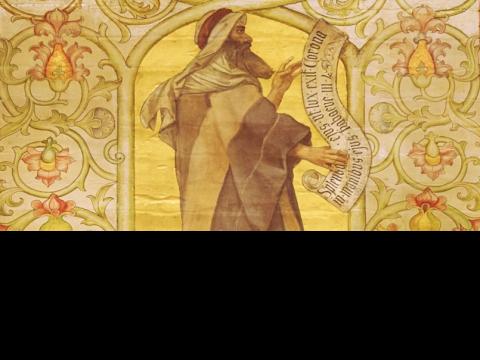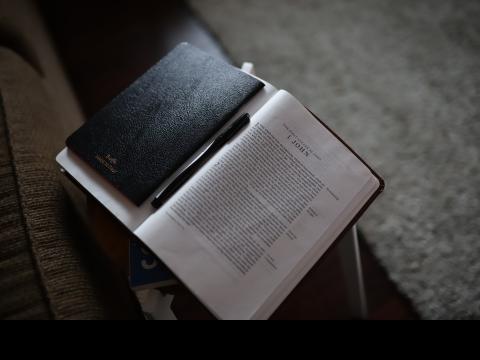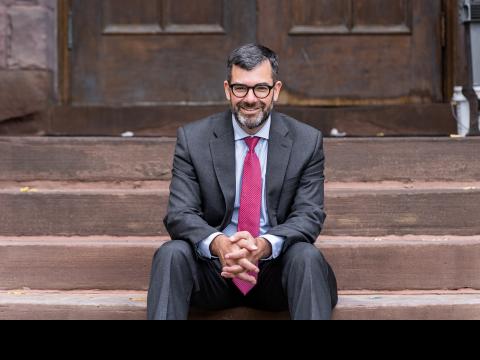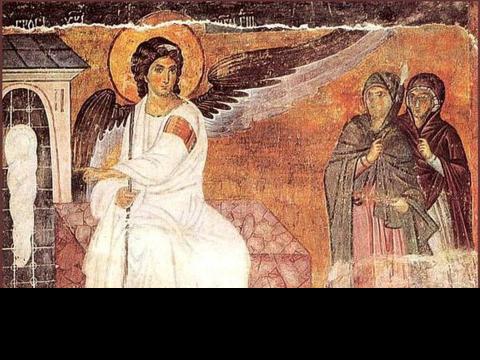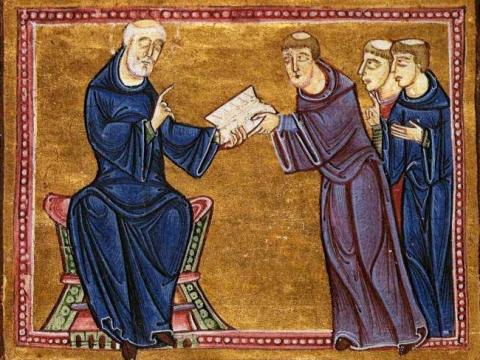The Divine Key to Long Life and Prosperity in 2023
11 Come, children, and listen to me; * I will teach you the fear of the Lord.
12 Who among you loves life * and desires long life to enjoy prosperity?
13 Keep your tongue from evil-speaking * and your lips from lying words.
14 Turn from evil and do good*
seek peace and pursue it. (Psalm 34:11-14)
Read more


